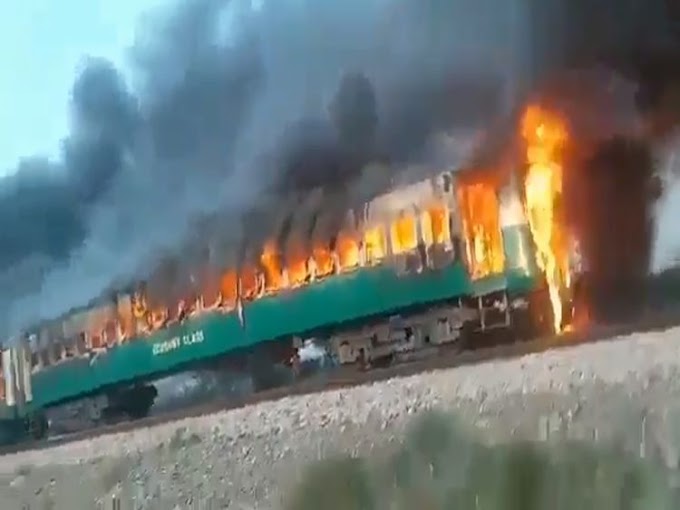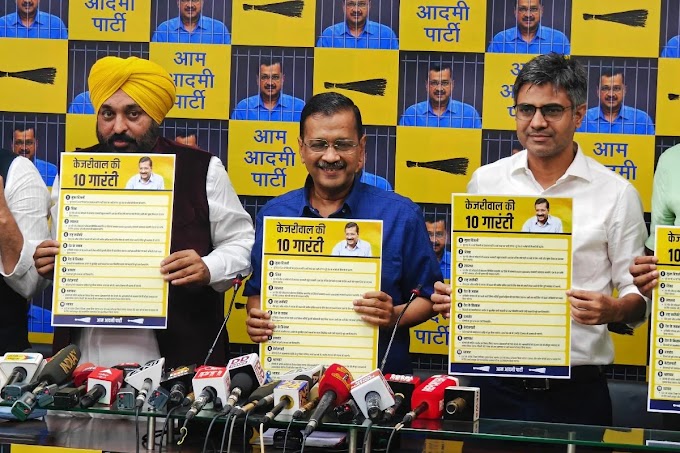The Indian soldiers plunged on Bashir Ahmed Dar's home in the south of Indian occupied Kashmir on August 10, a couple of days after the administration in New Delhi stripped Kashmiris of the unique self-sufficiency they had for seven decades through a hurried presidential request and propelled a crackdown.
Throughout the following 48 hours, the 50-year-old handyman said he was exposed to two separate rounds of beatings by troops.
They requested that he locate his more youthful sibling, who had joined Kashmiris contradicting India's essence in the Muslim larger part district, and influence him to give up or else "acknowledge the cold hard truth".
In the subsequent beating, at a military camp, Dar said he was hit with sticks by three warriors until he was oblivious.
He woke up at home, "unfit to sit on my wounded and bloodied backside and throbbing back," he included.
But it wasn't over.
On August 14, warriors came back to his home in the town of Heff Shirmal and crushed his family's inventory of rice and different staples by blending it with manure and lamp oil.
Dar's record of brutality and terrorizing by Indian warriors was not uncommon.
In excess of 50 meetings, inhabitants in twelve towns in Indian occupied Kashmir told The Associated Press that the military had assaulted their homes since India's administration forced a security crackdown in the district on August 5.
They said the soldiers dispensed beatings and electric stuns, constrained them to eat soil or drink messy water, harmed their sustenance supplies or slaughtered domesticated animals, and took steps to remove and wed their female relatives. A large number of youngsters have been captured.
Asked by AP to react to the ongoing charges of abuse from the Northern Command, the Indian armed force's home office in Indian occupied Jammu and Kashmir, its representative situated in Srinagar, Col Rajesh Kalia, rejected the townspeople's records as "totally unjustifiable and false", and declared the Indian armed force esteems human rights.
"There have been reports of development of fear based oppressors" in the zones AP visited, Kalia said. "Some adolescent were suspected to be engaged with hostile to national and troublesome exercises and were given over to police according to tradition that must be adhered to."
India's top security official, National Security Adviser Ajit Doval, said the military has not been engaged with the activity in Kashmir.
"There have been no barbarities," he said.
For quite a long time, there have been allegations from inhabitants and global human rights bunches that Indian forces have completed precise abuse and unjustified captures of the peoples who contradict rule from New Delhi in Indian occupied Kashmir.
In any case, dissatisfaction, outrage and dread have been developing in Indian occupied Kashmir in the five weeks since the Hindu patriot legislature of Prime Minister Narendra Modi stripped the area of a large portion of its semi-independent status on August 5 and forced a time limitation and a correspondences power outage.
Albeit a few limitations have been facilitated in Srinagar, with understudies urged to come back to class and organizations to revive, country occupants whine of what they see as a crusade of viciousness and terrorizing that appears to be structured at smothering any battle for self assurance.
The abuse in the evening time assaults by forces started toward the beginning of August as New Delhi took its activity on Indian occupied Kashmir, as indicated by meetings with in any event 200 peoples.
In the town of Parigam, the group of pastry specialist Sonaullah Sofi was sleeping when armed force froces assaulted his home. The warriors brought his two children into a road, hitting them with weapon butts, iron chains and sticks, Sofi said.
"Defenseless, I heard my children shout as warriors fired pummeling them cruelly in the center of the street," Sofi said.
Before long, soldiers carried 10 progressively youngsters to the town square, looking for names of enemies of India nonconformists, said Muzaffar Ahmed, Sofi's 20-year-old child, describing the August 7 episode.
"They hit our backs and legs for three hours. They gave us electric stuns," Ahmed stated, lifting his shirt to demonstrate his consumed and wounded back.
"As we cried and argued (with) them to release us, they turned out to be progressively tenacious and heartless in their thumping. They constrained us to eat residue and drink water from a channel."
Since the crackdown started, in any event 3,000 peoples, generally youngsters, have been captured, as per police authorities and records audited by the AP.
Around 120 of those have been hit with the Public Safety Act, a law that licenses holding peoples for as long as two years without preliminary, the records appeared.
A huge number of others have been kept in police lockups to be screened for potential to join challenges. Some have been liberated and requested to report back a couple of days after the fact. Some are just held in the daytime, discharged around evening time to rest at home, while their folks are advised to bring them back the following day.
Ahmed, the pastry specialist, said the troopers at long last left at first light, leaving them squirming excruciatingly. He and his senior sibling alongside at any rate eight others were then packaged into a solitary emergency vehicle and taken to a medical clinic in Srinagar.
For a considerable length of time, human rights gatherings have blamed Indian forces for scary and controlling the populace with physical and sexual abuse and unjustified captures. Indian government authorities deny this, calling the charges "promulgation".
Misuses claimed by rights bunches since 1989 have included assault, homosexuality, waterboarding, electric stuns to the private parts, consumes and lack of sleep.
The United Nations a year ago required a free worldwide examination concerning claims of rights infringement like assault, torment and extrajudicial killings in Kashmir.
India dismissed the report as
fraudulent. Parvez Imroz, a conspicuous rights legal counselor, said the new reports of abuse in the security powers' progressing effort were exasperating.
Dread and outrage are discernable in the towns that speck the huge apple plantations, particularly after twilight, when the soldiers come.
Abdul Ghani Dar, 60, said officers have assaulted his home in the town of Marhang multiple times since early August, including that he sends his girl to another area before they arrive.
They state they've come to beware of my child yet I realize they come searching for my girl, Dar stated, his eyes welling with tears.
Inhabitants of three different towns said troopers had taken steps to remove young ladies from their families for marriage.
They're raiding our homes and hearths like a triumphant armed force. They are presently carrying on as though they have a directly over our lives, property and respect, said Nazir Ahmed Bhat, who lives in Arihal.
Toward the beginning of August, soldiers went to the home of Rafiq Ahmed Lone while he was away.
The officers approached my significant other to go with them for looking through our home. When she won't, she was thumped with firearm butts and sticks, Lone said.
While she was being beaten, the officers slaughtered their chicken, he included.









0 Comments